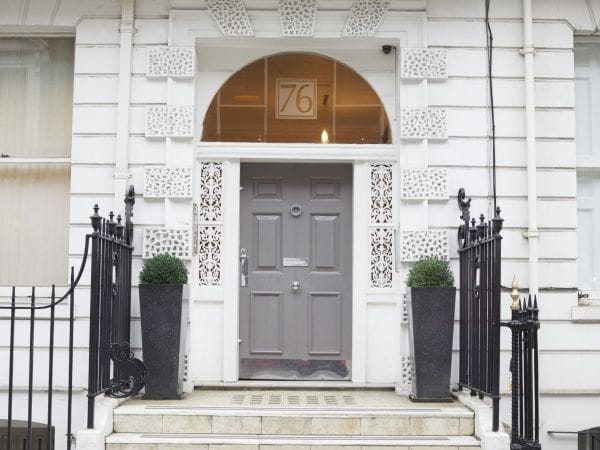A large-scale study into Alzheimer’s has found a link between sleep apnoea and the development of memory problems earlier on in life.
Published in the journal Neurology, the findings of scientists at New York University claimed that those who suffered from sleep apnoea had problems with their memory and cognitive functions a decade earlier than those who had no sleep-related issues. [link:]
What is sleep apnoea?
Although many patients suffering from sleep apnoea also snore, it is not necessarily true that snorers have sleep apnoea. Apnoea is a condition where the muscles around the throat become too relaxed during sleeping, causing the airways to become blocked, which means sufferers can wake up several times a night.
It is normal for the muscles to relax while you are asleep and, for most of us, this doesn’t cause a problem. However, if your airway is already narrowed then this can force you from a deep sleep to a light, disturbed sleep or wakefulness.
Factors such as being obese, having an abnormally large neck, certain medications or smoking and drinking alcohol prior to going to bed, can all play a role in increasing the chance of apnoea.
Why would sleep apnoea cause other health problems?
It is thought that those with sleep apnoea are not getting as much blood flow to the vital organs, particularly the brain, as those who sleep easily. Lead researcher Professor Ricardo Osorio stated in the report: ‘A big component of the risk for Alzheimer’s is cardiovascular health. The intermittent hypoxia from apnoea could be an additional risk factor.’
Dr Simon Ridley, of Alzheimer’s Research UK agreed with the report that there was ‘growing evidence that disrupted breathing during sleep could be a risk factor for memory and thinking decline in older age’.
This recent study is the latest in a series that has looked at the link between snoring and sleep-related disorders and its affect on the brain. An earlier, much smaller study by Professor Mary Morell, from the National Heart and Lung Institute at Imperial College London, found a lower concentration of grey matter in the hippocampus, the area of the brain that plays a key role in memory, than in those that slept soundly at night.
 There are a number of treatments that can be used to ease sleep apnoea; book an appointment with our sleep specialist at 76 Harley Street, Dr Adita Desai, to learn more. Call 020 7631 3276 or click through to our contact form.
There are a number of treatments that can be used to ease sleep apnoea; book an appointment with our sleep specialist at 76 Harley Street, Dr Adita Desai, to learn more. Call 020 7631 3276 or click through to our contact form.


